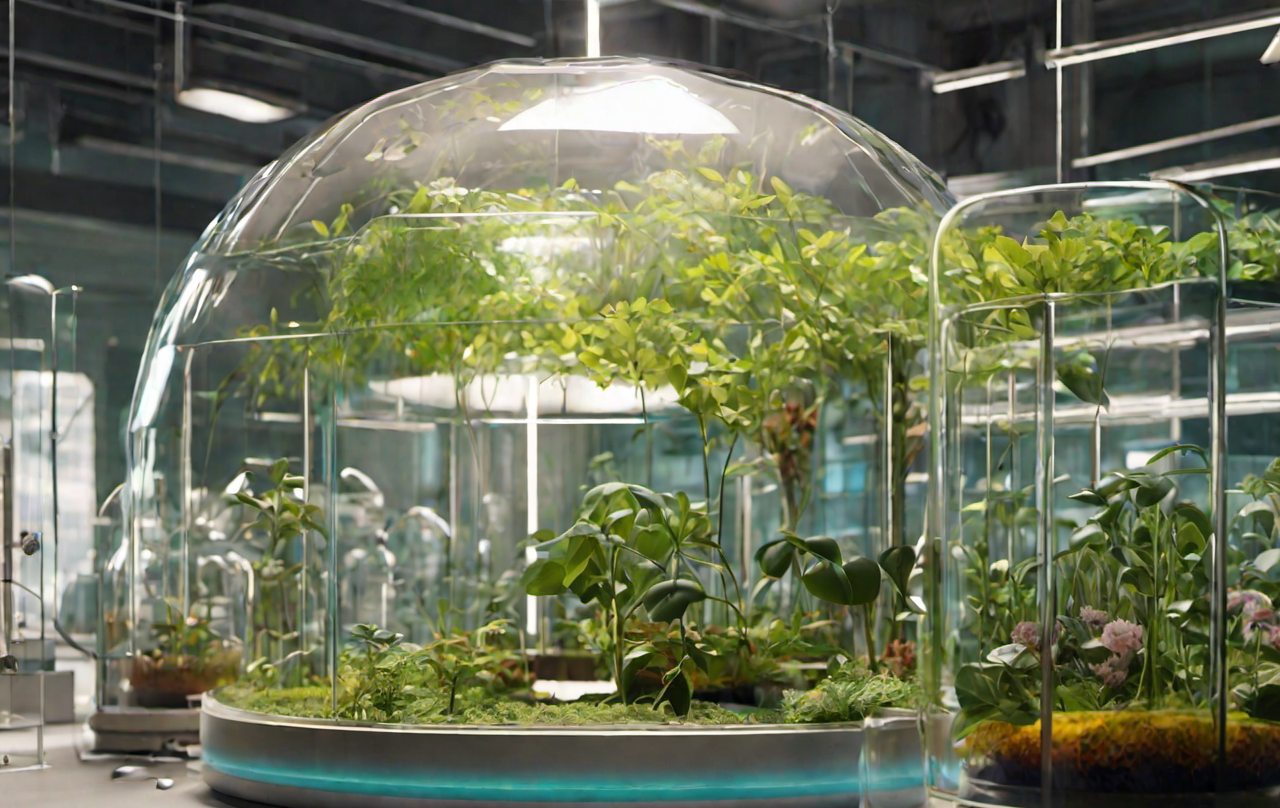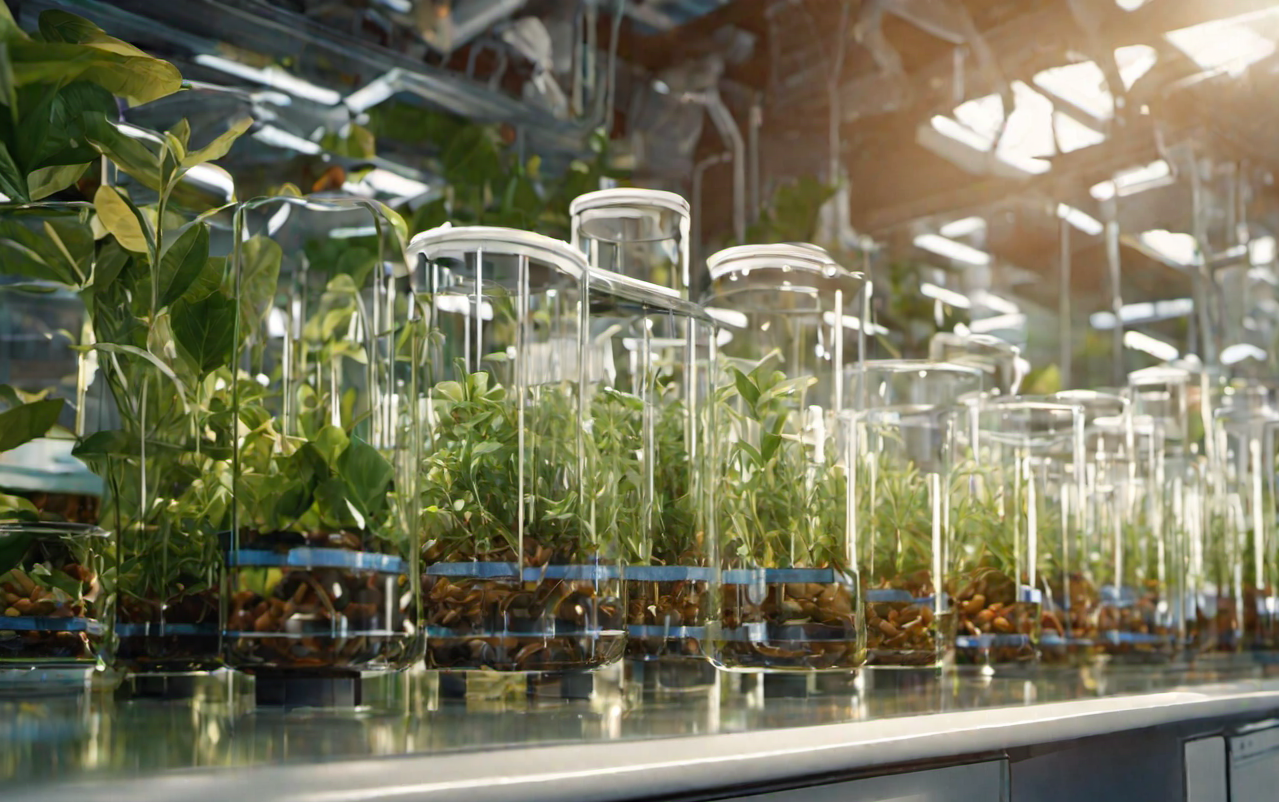Nathalie Moll (EFPIA): How the pharmaceutical industry is contributing to mitigate climate change
his summer’s extreme weather throughout the world has sparked renewed focus on the impact of climate change- and the actions needed by Governments around the World. Here in Europe, witnessing wildfires spread in Southern Europe as well as recent floods in Croatia, Serbia and Italy, it’s clear to me that – as leaders of industry – we too have a role to play in the discussions about how to mitigate the impact of industry on the climate and ultimately the world’s population.

Author of the EFPIA’s article //
Nathalie Moll
Director General
European Federation of. Pharmaceutical Industries and Associations (EFPIA)
Although our benchmarking has shown that, as an industry, we account for around ten times less emissions than other higher impact industrial sectors, the entire healthcare system in Europe, of which we are part, is estimated to contribute to up to 8% of greenhouse gas emission. We know that we must play our part.
Air, water, and soil pollution; improper waste management; and degradation of ecosystems all negatively impact human health. According to the WHO, climate change is among the greatest health risks of the 21st century and one in every four premature deaths today is due to environmental factors, illustrating the inextricable link between our personal health and our planet’s health. It has the potential to change infectious disease patterns, increase extreme weather events and the risk of drought, floods, and food insecurity, as well as increasing respiratory disease from poor air quality.
Understanding the relationship between people, health and the environment is critical to ensuring the pharmaceutical industry, along with other stakeholders, plays an active role in decarbonization.
To do this, we need to understand key issues: how to prevent disease through healthy environments; have a global assessment of the burden of disease from environmental issues; how we reduce the risk of the environmental impact of the development and manufacturing of medicinal products; and, how to adapt our products, supply chains and manufacturing processes to reduce Global Warming Potential (GWP).
As always, we will use innovation to answer these questions.
Europe needs policies that provide access to medicines for everyone who needs them, not only in a way that is sustainable to health systems, but also to the future of our planet.

What our members are doing to mitigate climate change
EFPIA is publishing a White Paper outlining how our member companies are already actively engaged in groundbreaking and ambitious projects –on site and along value chains, to rise to the challenges posed by the climate crisis.
There are numerous ambitious and forward-thinking initiatives. These include Bayer’s Application of Green Chemistry metrics to improve the ecological footprint of Active Pharmaceutical Ingredients (API) in their manufacturing, Roche’s Lighthouse programme which aims to use fully sustainable electricity by 2025 and Teva’s sustainable procurement programme, ensuring their suppliers are also engaged in initiatives to reduce emissions.
In 2020, Novo Nordisk took a pioneering step when they announced that all direct suppliers (approx. 60.000) will have to utilise renewable power when supplying them by 2030. The company urges its suppliers to ask the same of their suppliers.
Our companies are setting renewable energy targets, reducing greenhouse gas and CO2 emissions. They are transferring from paper to electronic product information to protect natural resources and changing the way they work to optimise the use of recycling and waste systems. How medicines are discarded into wastewater is also in scope of these targets.
You can take a look at the wide range of initiatives here

At the end of last year, we surveyed our members about their climate action goals and activities carried out in 2021.
The result gives the clearest indication of the pharmaceutical industry’s commitments to making a positive impact on the lives of patients, while operating sustainably.
Our data shows that concerns of climate change are a priority within EFPIA companies – since 2020, 70% of our members have raised their ambitions regarding climate action targets.
All companies participating in the survey reported long-term targets for CO2 emission reduction and more than 60% have set short-term targets. 70% have approved “Science-Based Targets” and 60% have set net-zero commitments.
Companies are finding new paths to decarbonization, with multiple analytics and diagnostic tools in production and progression towards low carbon medicinal products.
Climate change scenarios play an important role for our businesses due to the increase of anticipated extreme weather events in the future, such as floodings and droughts. More than 70% of our members already conduct scenario analysis and take them into consideration in their future business planning.
It’s not just the footprint of the companies themselves. The majority of emissions within the health sector are coming from scope 3 emissions which are not directly under the control of the company but lie with a supplier or partner. It is therefore critical to address and reduce these as well. Our survey results show that scope 3 emissions are being addressed by most of our companies and ambitious targets are being set in collaboration with suppliers.
As our report shows, the breadth of initiatives from companies is ambitious and they grasp the significance. The initiatives they start today will saves lives in the future.
It is striking to me that the vast majority have improved and updated their climate targets and strategy since the previous survey in 2020. We can only achieve success by working closely with our partners across Europe and coherently and consistently within healthcare systems.
Developing policies that are proportionate and impactful, is the key to meeting and mitigating the challenges that we can all clearly see before us, together.

REFERENCES:
https://efpia.eu/news-events/the-efpia-view/blog-articles/how-the-pharmaceutical-industry-is-contributing-to-mitigate-climate-change/




